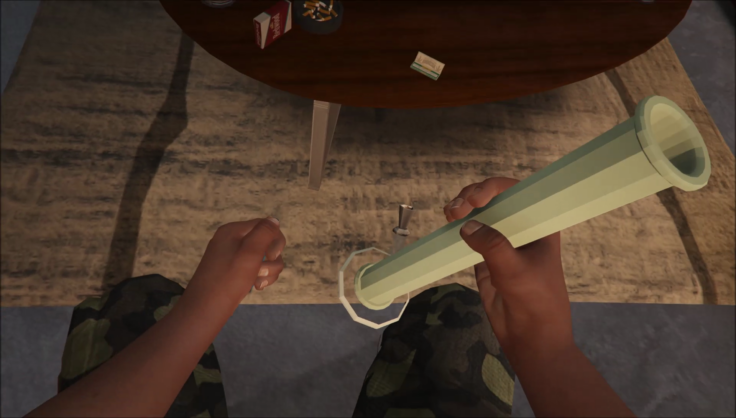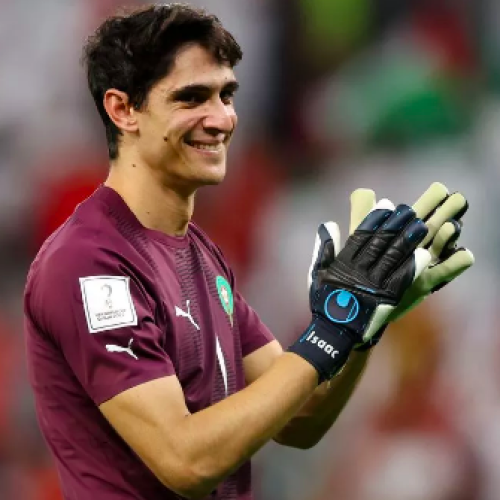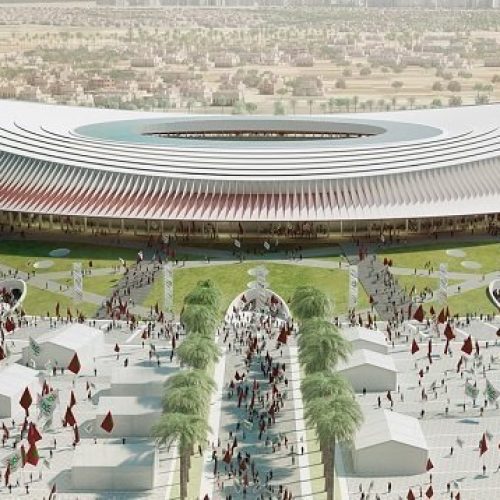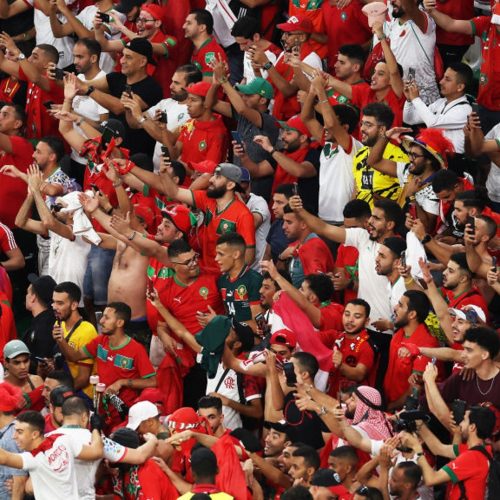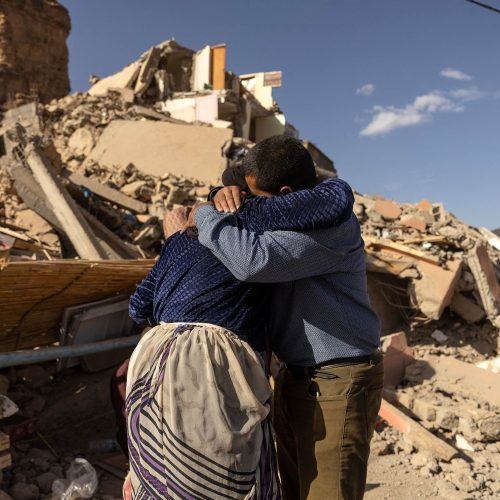Whenever Morocco is brought up in a conversation, you can count on two topics almost always coming up: witchcraft and hash. This week, it’s the latter that has been flooding both social media feeds and newspapers, and for once, it’s not all for the wrong reasons as Palestinians are currently welcoming an interesting, yet unexpected, wave of support from an unconventional group of individuals: drug dealers.
This week, UK-based news website Middle East Eye reported that Moroccan street pharmacists are refusing to engage in any business with Israeli drug dealers over the war in Gaza. Citing a recent finding published by Israeli media channel MAKO, substance-sellers in occupied territories are allegedly in a state of frustration as supplies are running low and not looking like they will be picking up anytime soon as a result of the ongoing boycott. According to the outlet, which interviewed some of the first concerned, traffickers are experiencing an unforeseen drought leading them to experience substantial financial losses some have claimed have reached “tens of millions of shekels at least.”
Unable to deal “directly or through intermediaries” with their Moroccan counterparts, this unexpected declaration of solidarity towards the people of Palestine from a marginalized community suggests that even those engaged in illegal activities are shaping up to be bigger human rights advocates than most government leaders. Not only that, but the North African nation’s outlaws are also seemingly more attuned to the moral imperatives that are globally being called for, tangibly practicing what they are preaching at a climax moment when people have taken to the streets to express their dissatisfaction over their State’s actions as well as the disconnect between governmental policies and the sentiments of citizens.
In recent years, the Alaoui monarchy has inked an increasing number of bilateral deals with occupying forces, including collaborative military agreements, economic partnerships, and diplomatic alliances, amongst other things. At the forefront of most, not to say all, criticism is the country’s normalization with Israel which stands as a first-hand representation of the existing gap between the aspirations of the Moroccan people and the actions of those appointed to make their voices heard loud and clear.
A stark example of such dissonance can be noticed in the records the country has set since the devastating events of Oct. 7. From the inception of what has since been described by Martin Griffiths, Under-Secretary-General for Humanitarian Affairs at the UN, as the “worst humanitarian crisis” he has ever seen, public spaces have grown into crowded agoras where calls for a ceasefire and a rupture of affiliating ties with Israel are asserted and repeated. In numbers, the tally of pro-Palestinian protests recorded in a single day reached an all-time high on Jan. 19, with over 100 marches of discontent sweeping through streets and squares nationwide. What’s more, Morocco was among the top five countries in the Arab World rallying the most against the conflict according to a UN report, which, once again, emphasizes how involved the Kingdom’s citizens are with the Palestinian cause.
Often viewed as a segment of society absolved of any moral compass whatsoever, and which resorts to violence and crime to make a living, the ongoing situation suggests that even drug dealers are more principled than some of these respected institutions, which could do with a lesson or two from these so-called “thugs”.





